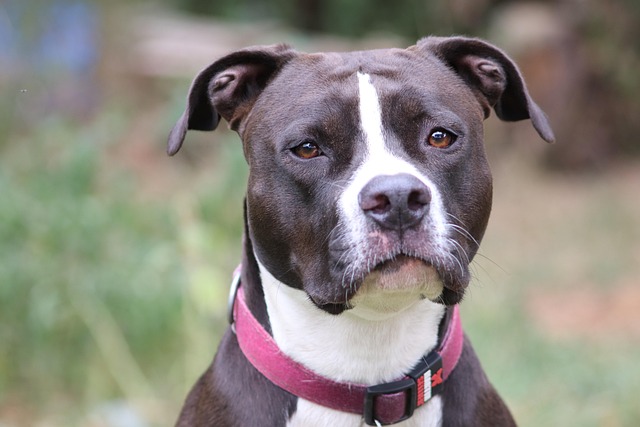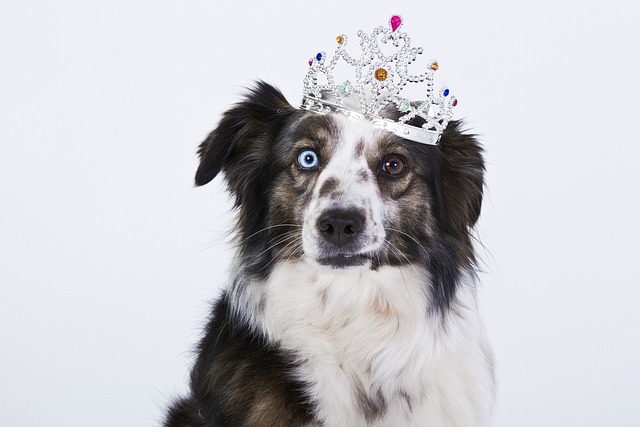
Can I give my dog CBD chews every day
Picture this: You’re curled up on your San Francisco apartment couch, watching your rescue mutt, Charlie, tremble during a thunderstorm.
Your dog's ears are fascinating structures, aren't they? Those expressive flaps and intricate canals help them navigate the world through sound. But when something goes wrong – the head shaking, the scratching, that unpleasant odor – it's hard not to feel concerned and reach for something at home. Many dog owners, seeking natural solutions, ask: "Can I put olive oil in my dog's ears?" It seems like a gentle, kitchen-cabinet fix, but the answer, backed by veterinary science, requires careful consideration. Ear health is crucial; infections affect roughly 20% of dogs at some point, causing significant discomfort. Understanding the risks and realities of using olive oil is vital for responsible pet care.
Looking for natural remedies for dog ear infections is incredibly common. You might have heard suggestions ranging from coconut oil to apple cider vinegar, or perhaps read online forums praising olive oil for soothing itchiness or loosening wax. The appeal is understandable: it's readily available, perceived as natural and harmless, and avoids a potentially costly vet visit. Some believe its lubricating properties can ease irritation or help dislodge debris. However, it's essential to separate anecdotal experiences from evidence-based veterinary advice. While olive oil is generally safe for dogs to eat in small amounts, its application inside the sensitive ear canal is a different matter entirely, and relying solely on home remedies can sometimes mask underlying issues.
So, is olive oil safe for dogs ears? Veterinary professionals generally advise caution and rarely recommend it as a first-line treatment. Here's why: the canine ear canal is a warm, dark environment. Introducing organic substances like olive oil can inadvertently create a perfect breeding ground for bacteria and yeast, potentially worsening an existing infection or triggering a new one. Olive oil doesn't possess significant antibacterial or antifungal properties needed to combat common ear pathogens. Furthermore, it can disrupt the delicate pH balance and natural protective wax layer within the ear. While there's a *very* specific historical context – olive oil was occasionally used decades ago to smother ear mites before effective prescription medications existed – this practice is largely obsolete and not recommended without direct veterinary supervision today. Mineral oil, being inert and non-nutrient-rich for microbes, is sometimes a safer lubricant choice if specifically advised by your vet for a particular purpose, like softening hardened wax before a professional cleaning.
If, after a thorough veterinary examination, your vet *does* suggest using a small amount of olive oil for a specific, minor issue (like aiding the removal of non-infected debris), strict adherence to their instructions is non-negotiable. Never use olive oil if you suspect an infection, see discharge, or if the ear canal appears red and inflamed. How to use olive oil in dog's ears safely under vet guidance involves minimal application: gently warm a *tiny* amount (think a few drops, not a stream) to body temperature – test it on your wrist first. Tilt your dog's head, carefully lift the ear flap, and apply the drops only to the visible part of the vertical canal. Gently massage the base of the ear for a few seconds. Let your dog shake their head (do this outside or cover them with a towel!), then use a soft cotton ball to wipe away *only* what you can see easily on the outer flap and the entrance – never probe down into the canal with cotton swabs. This process should only be done as directed and typically no more than once or twice. For routine cleaning, veterinarian-approved, pH-balanced canine ear cleaners are vastly superior and safer alternatives.
Knowing when to seek professional help is critical. Persistent head shaking, vigorous scratching at the ears, whining when the ears are touched, a strong foul odor, visible redness or swelling inside the ear, or any discharge (yellow, brown, or bloody) are clear red flags. Dark, crumbly debris might suggest ear mites. If your dog seems off-balance, holds their head tilted, or shows signs of hearing loss, it could indicate a deeper, more serious problem. Relying solely on home remedies like olive oil for dog ears when these signs are present is not just ineffective; it can allow an infection to worsen significantly, potentially leading to painful middle or inner ear involvement, eardrum rupture, or chronic issues that are much harder to treat. A vet can accurately diagnose the problem – is it yeast, bacteria, mites, allergies, or a foreign body? – and prescribe the appropriate medication, which might include antibiotics, antifungals, anti-inflammatories, or targeted parasiticides.
Ultimately, while the intention behind using olive oil for dog ears is often rooted in care and a desire for natural solutions, veterinary advice on dog ear care consistently points towards safer, more effective approaches. Maintaining healthy ears involves regular gentle checks for redness, odor, or excess debris, using vet-recommended cleaners for routine maintenance if needed (not over-cleaning, as this can irritate), keeping ears dry after baths or swimming, and addressing underlying allergies which are a major cause of recurrent ear problems. If your dog shows any signs of ear discomfort or infection, resist the urge to experiment with kitchen staples. Your veterinarian is your best partner in ensuring your furry friend's ears stay healthy and pain-free. Prompt, professional diagnosis and treatment are always the safest and most effective path to relief and long-term ear health. I've seen too many well-meaning owners delay crucial care; trust your instincts if something seems wrong and get those ears checked.

Picture this: You’re curled up on your San Francisco apartment couch, watching your rescue mutt, Charlie, tremble during a thunderstorm.

Watching your dog's behavior change without understanding the cause feels like walking in the dark. When a dog's kidneys start shutting down, their body sends out distress signals through shifts in daily habits, energy levels, and physical cues.

Watching your dog slow down on walks or struggle to jump onto the couch tugs at the heartstrings. Degenerative joint disease, often called arthritis, is a common condition that can rob our furry friends of their mobility.

When your dog’s energy suddenly drops or they start drinking more water than usual, it’s easy to feel a knot of worry. Kidney disease, a silent but serious condition, often creeps up without warning.

If you’re a first-time puppy parent in Texas, you’ve probably watched your tiny ball of energy lap up water like it’s their job—then panicked: Is this too much?

Discovering your dog has elevated urea levels can feel like a gut - punch. High urea, often a sign of kidney or liver stress, can’t be ignored.